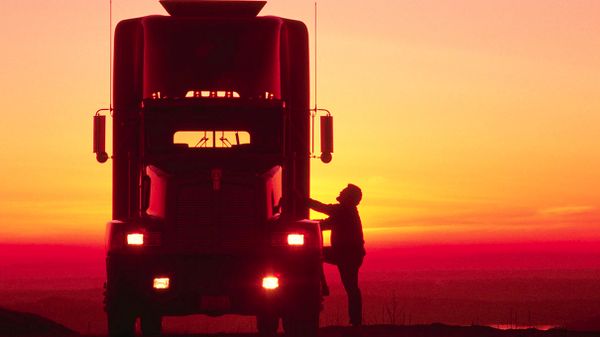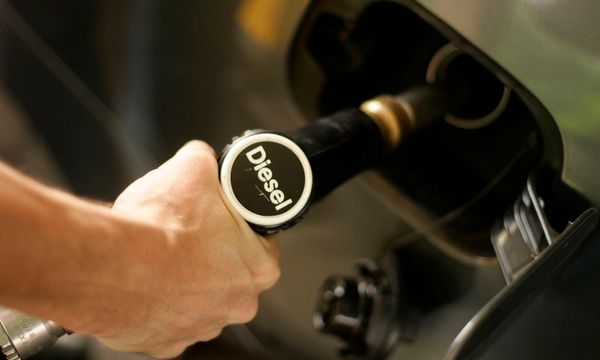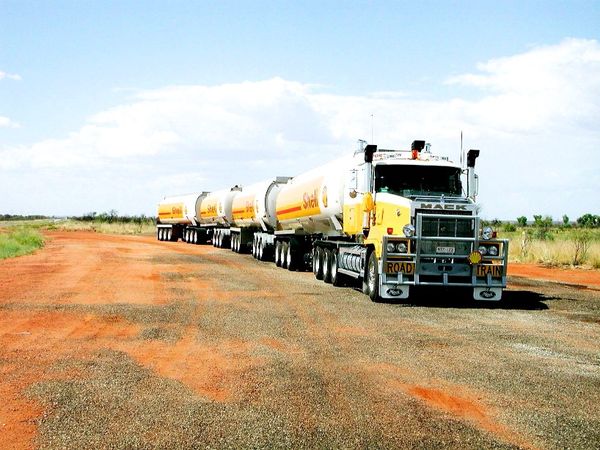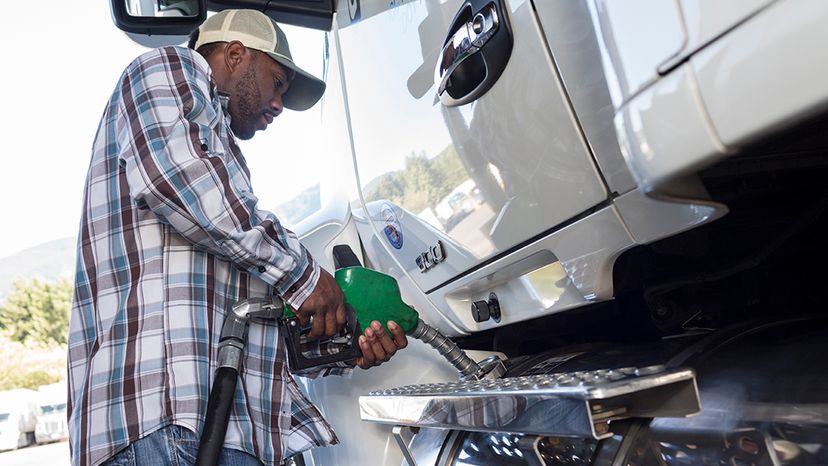
Truck drivers in the United States use a lot of diesel fuel — 38 billion gallons (144 billion liters) a year, according to the American Trucking Associations (ATA) industry group. So you might think it's one group that clearly wouldn't want to see a federal fuel-tax hike, as it would increase its costs. After all, truckers already pay a hefty 24.4 cents per gallon in federal tax on diesel fuel, which is significantly higher than the 18.4 cents per gallon that car drivers pay on gasoline purchases federally, according to the U.S. Energy Information Administration.
That's why it probably will come as a surprise that ATA, the umbrella organization of state trucking groups and industry-related conferences and councils, has been pushing Congress and the White House for years to increase federal fuel taxes. As the New York Times recently reported, ATA officials have testified before Congress at least 19 times over the past 11 years in favor of raising federal fuel taxes.
Advertisement
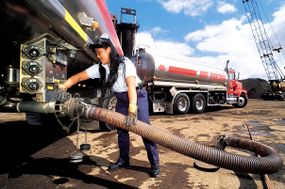
The reason: Truckers have to depend upon roads, bridges, tunnels and other parts of the U.S. transportation infrastructure, which has fallen into an increasing state of disrepair. As a 2017 report by the American Society of Civil Engineers concluded, the U.S. has been underspending on infrastructure maintenance for years, so that we now have a staggering $420 billion backlog in needed highway repairs, and another $123 billion in overdue bridge fixes. That's not even counting the upgrades, new roads and modernization needed to accommodate increased future traffic needs, which could require another $193 billion in spending.
Fuel taxes are one way to raise some of the needed money, but those levies aren't indexed to inflation and were last raised in 1993, so they haven't kept up with rising infrastructure costs.
"The fuel tax is the most efficient revenue source, and increasing it will produce no additional collection costs and minimal evasion," trucking executive Derek J. Leathers told a U.S. Senate subcommittee in April. "Indexing can limit the negative revenue impacts of inflation and improved vehicle fuel efficiency."
Leathers said the industry prefers fuel taxes to another possible solution — conversion of existing lanes in the interstate system to toll roads. Setting up and manning toll booths would result in more overhead and less money spent on roads, and traffic would shift to alternative routes that aren't built to handle that much traffic, he testified.
Advertisement
